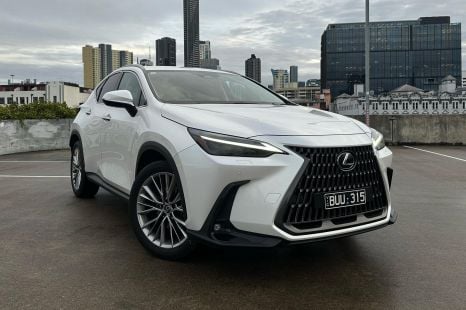

William Stopford
3 Days Ago
Amid a European probe into alleged Chinese government subsidies for electric vehicle makers, a US think-tank has put a number on the support the industry has received.

Contributor
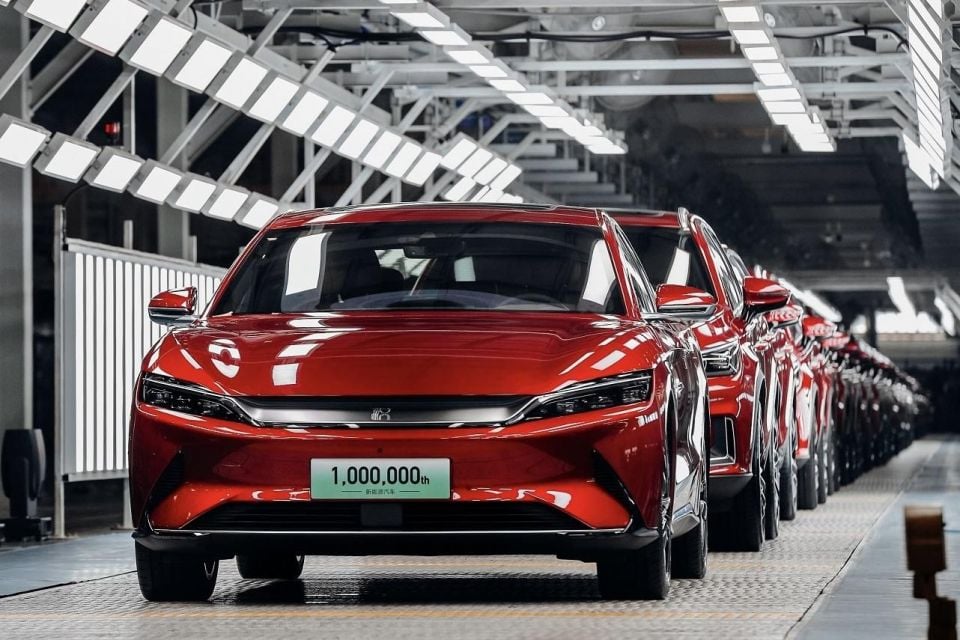

Contributor
China’s electric vehicle (EV) industry has been able to grow due to significant government financial support – but an industry expert says its success can’t be dismissed.
The European Commission earlier this month announced tariffs ranging from 17.4 per cent to 38.1 per cent on Chinese EVs, which followed the US imposing a 100 per cent tariff on all Chinese EVs in May.
European lawmakers are also engaged in a probe into whether Chinese carmakers have been given a leg-up from the country’s government through subsidies, due to conclude in November.
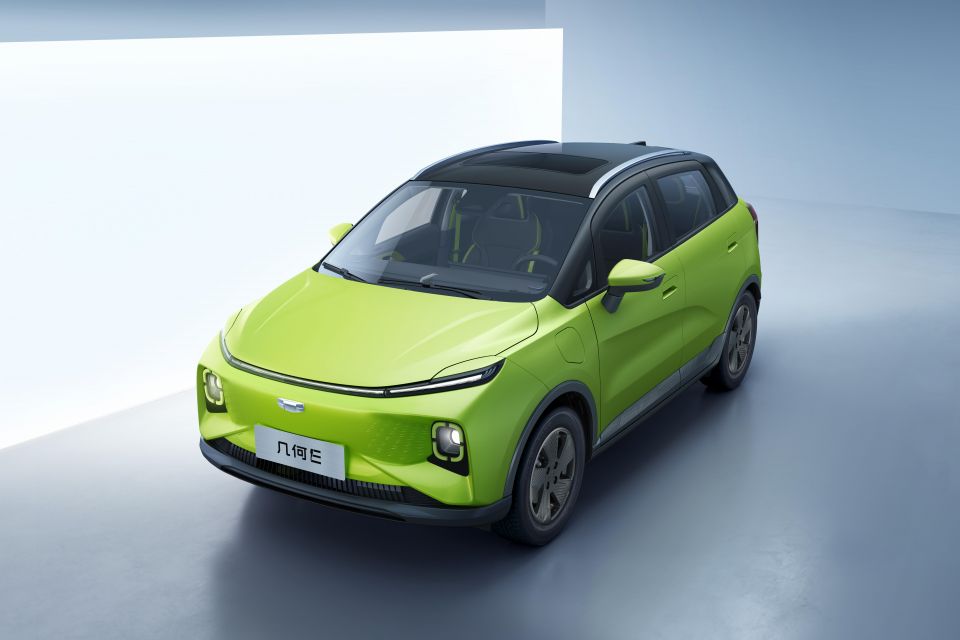
Earlier this month, Scott Kennedy – Senior Adviser to the US think-tank Centre For Strategic and International Studies (CSIS) – provided an in-depth analysis of Chinese EVs which uncovered massive funding from the government to help prop up the industry.
According to Mr Kennedy, between 2009 and 2023 the Chinese government is conservatively estimated to have spent US$230.8 billion (A$348.6 billion) on financial support for its EV makers.
This has gradually increased from $US60.7 billion (A$91.7b) from 2009-2017 – an average of US$7.59 billion (A$11.5b) each year – to US$30.1 billion (A$45.5b) in 2021 and US$45.2 billion (A$68.3b) in 2023.
Though these subsidies are based on conservative estimates, they cover factors such as buyer rebates, sales tax exemptions, infrastructure subsidies, research and development grants, and government procurement.
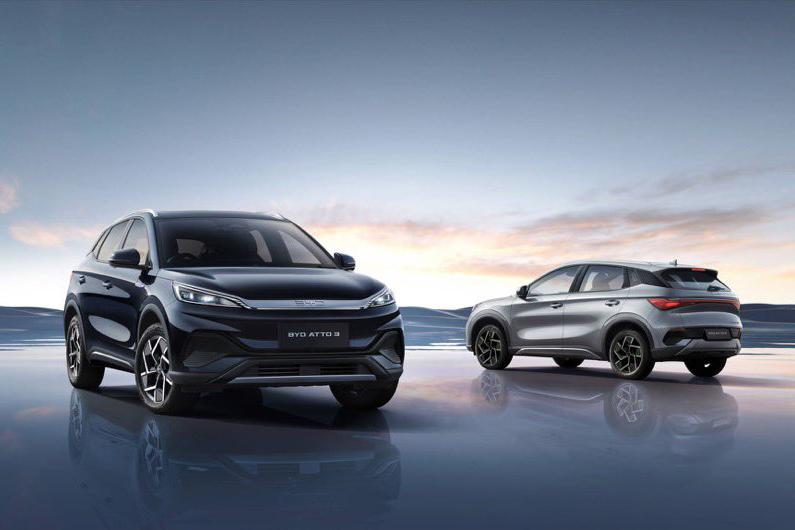
The impact of these factors has also changed over the years, from rebates making up a majority of support to sales tax exemptions accounting for the lion’s share of EV subsidisation.
These factors have essentially driven down the price for buyers, or allowed carmakers to get a head start in the industry. However, the average amount each vehicle has effectively been subsidised has fallen from US$13,860 (A$20,932) to US$4588 (A$6929).
The figures also don’t include supply chain subsidies, which – for China’s burgeoning EV battery industry at least – have been significant.
Mr Kennedy’s analysis shows Chinese battery giant CATL, which last year supplied 36.8 per cent of battery packs in new global EVs, received US$809.2 million (A$1.22 billion) in government subsidies throughout 2023, well above its US$76.7 million (A$115.8 million) in 2018.
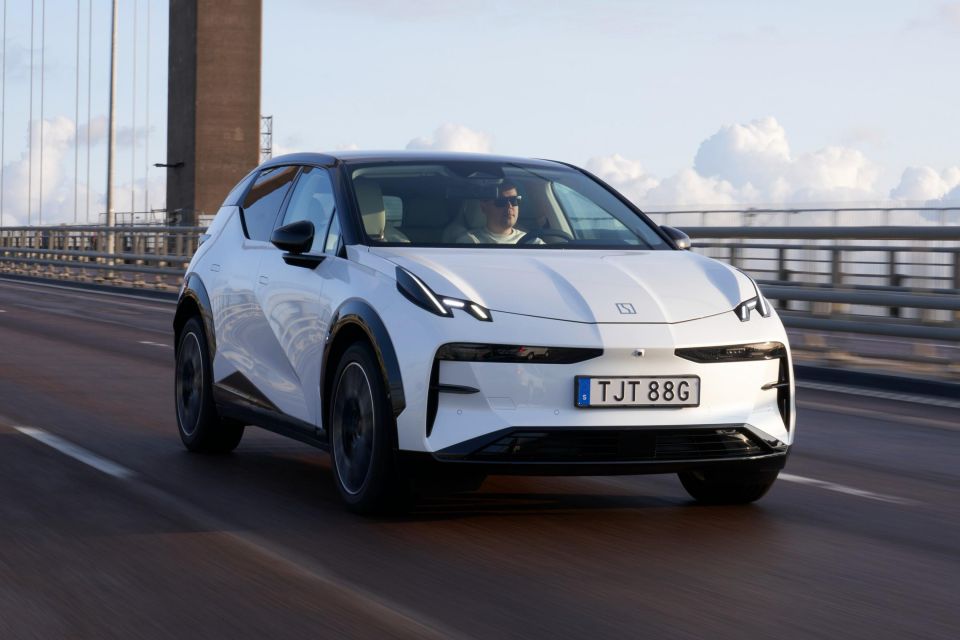
While critics have claimed Chinese EVs are only successful due to their low prices, Mr Kenney contests the industry’s newest players are producing high quality products which are putting the US and Europe on notice.
“If Chinese EVs were pieces of junk, then they would not be a serious challenge to the rest of the world’s automakers,” Mr Kennedy said in his analysis.
“For many years Chinese auto firms languished far behind the global trendsetters in Europe, East Asia and North America. But Chinese firms have narrowed the gap in autos in general and moved ahead in EVs. “There certainly has been substantial technology transfer through the joint ventures that China has required since the mid-1990s.
“Although China formally removed caps on joint-venture (JV) equity ratios held by foreign companies in 2022 […] foreign producers in reality face difficulties in gaining a majority share of their JVs, buying out their Chinese partners, or establishing new wholly-owned subsidiaries in China (with Tesla being the most notable exception).
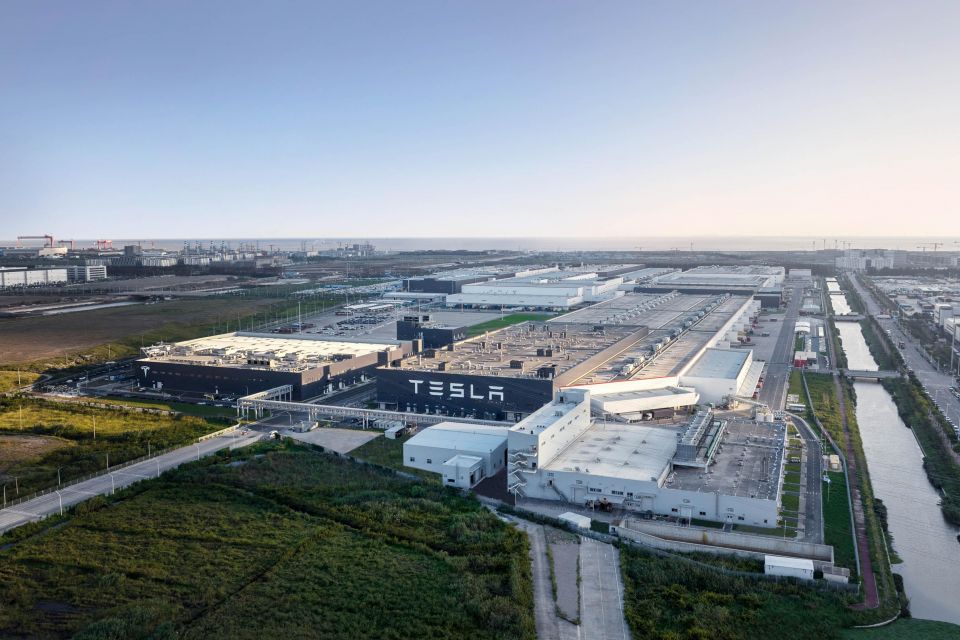
“That said, recent progress has been led not by JVs, but by independent private Chinese firms, including BYD, Geely, Great Wall, NIO, Li Auto, and Xpeng. They have developed their own engineering and design capabilities as well as benefited from the guidance of global auto consulting firms, and overseas partnerships, such as Geely’s ownership of Volvo.
“Equally important, the move from internal combustion engines (ICE) to electric motors has radically reduced the technology threshold, making it possible for start-ups from the information technology (IT) sector to make a splash.
“China’s leading automakers have made enormous strides and can’t be pegged as copycats or be relegated to the lower end of the market.”
In Australia, four of the six best-selling EVs throughout the opening quarter of 2024 were from Chinese brands, while the most popular vehicles – Tesla’s Model Y and Model 3 – are built in Shanghai.
Chinese brands selling EVs in Australia currently include BYD, MG, Volvo/Polestar (both owned by Geely), GWM and LDV.
Within the next handful of months, Chery, Xpeng, Zeekr, Smart, Aion and Leapmotor are among the growing list of Chinese-owned brands which will set up shop to sell EVs in Australia.
MORE: Europe plays favourites in latest Chinese EV tariffs MORE: It’s official: US to slug Chinese EVs with huge tariffs MORE: Is a trade war brewing? Chinese carmakers want anti-Europe tariffs
Born and raised in Canberra, Jordan has worked as a full-time automotive journalist since 2021, being one of the most-published automotive news writers in Australia before joining CarExpert in 2024.


William Stopford
3 Days Ago
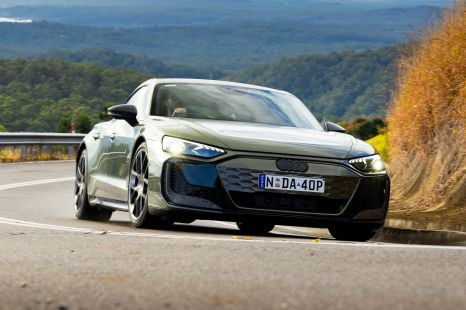

James Wong
3 Days Ago
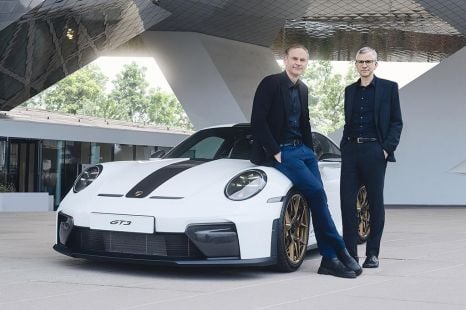

Damion Smy
2 Days Ago
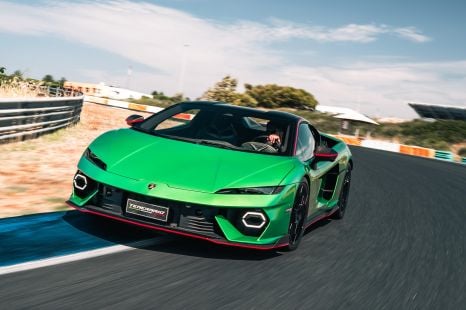

Alborz Fallah
2 Days Ago
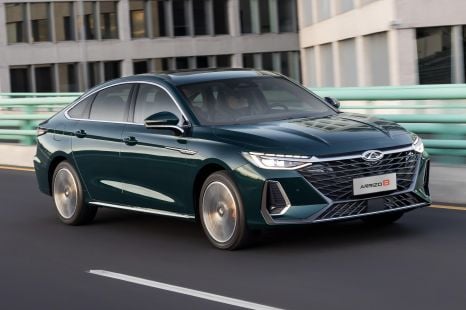

Max Davies
1 Day Ago
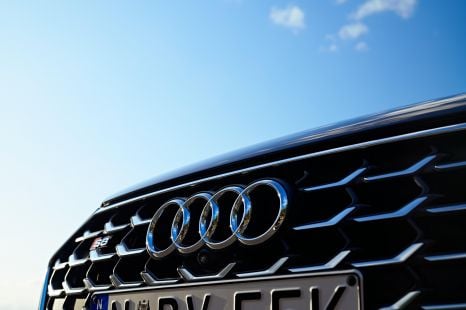

William Stopford
1 Day Ago